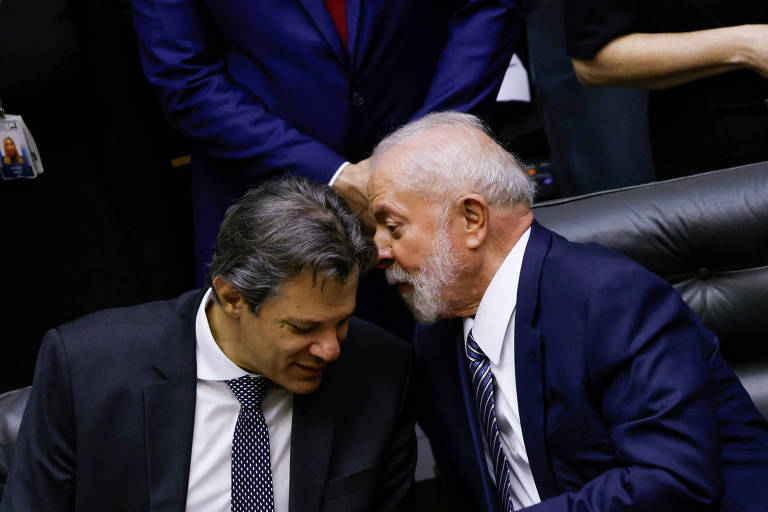Lula's (PT) government plan to incentivize the Brazilian industry for the next ten years reintroduces measures employed in previous PT administrations and criticized by economists. The strategy establishes the government as a driver of development through subsidies and credit lines.
The new industrial policy will be launched on Monday. There are goals and guidelines until 2033, encompassing sectors such as infrastructure, sanitation, digital transformation, and bioeconomy. The proposal was developed by a council composed of the Executive and entities from the productive sector and workers.
Group members say they sought to include the government in a central position in what they call neo-industrialization. In this logic, companies will be granted credit lines from the PAC (Growth Acceleration Program) and government procurement contracts.
The plan also mentions a requirement for local content in industrial production. However, it does not detail the instruments that will be used in credit lines, grants, and subsidies, nor how the measures will accommodate fiscal rules, compliance with which has been questioned.
